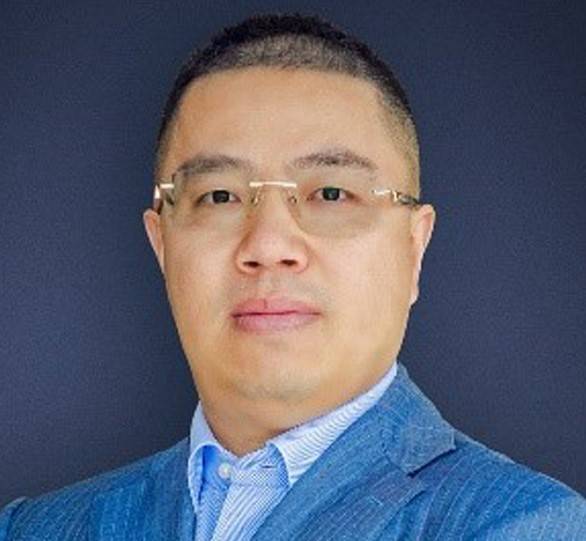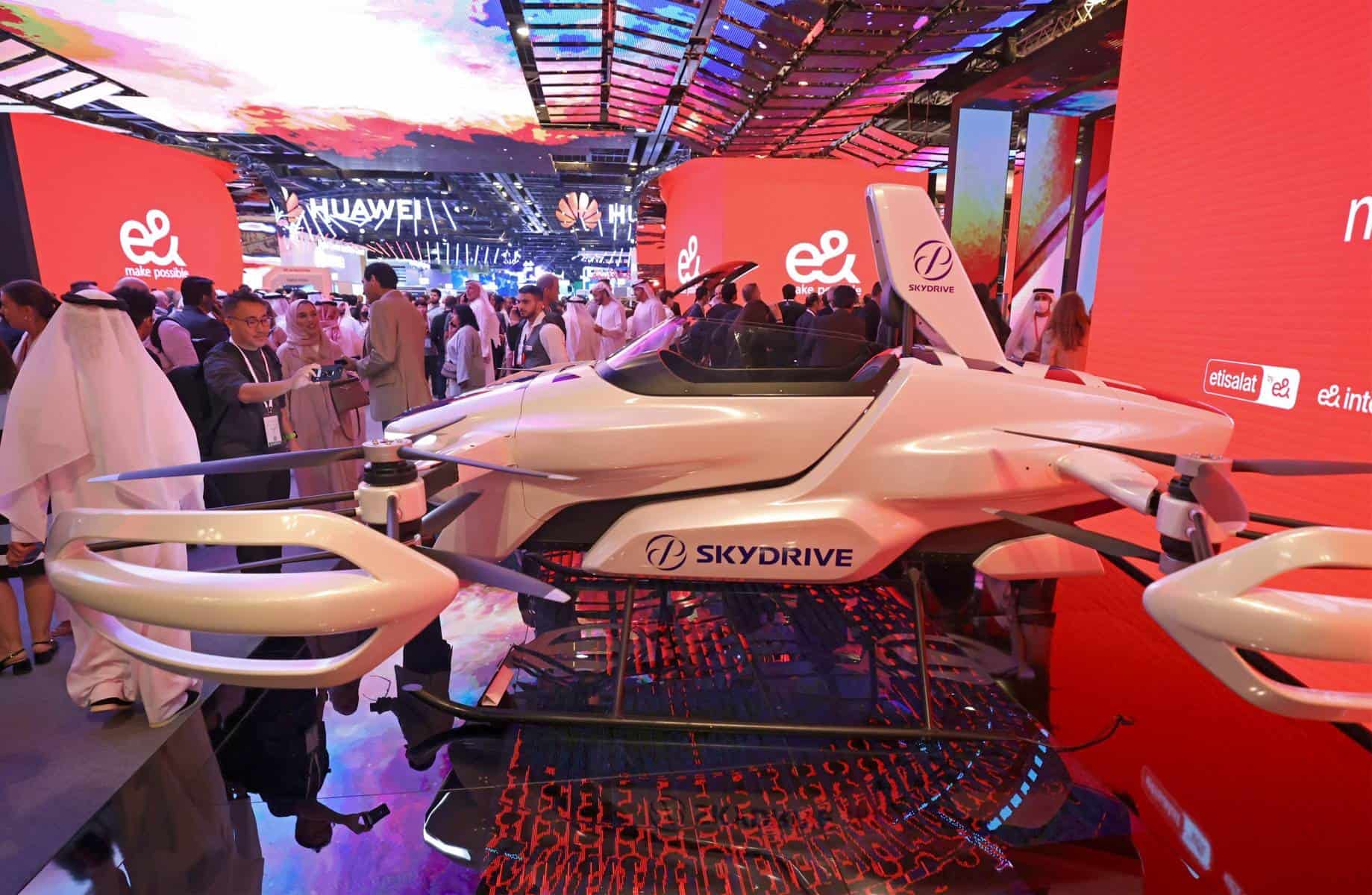Dubai, UAE—Dominated primarily by the energy sector for long, trade relations between the Gulf Cooperation Council countries and other Asian countries have diversified during the past few years.
These include the construction and development of energy and non-energy-related infrastructure to investments in real estate, healthcare, financial services and technologies.
Growth-prone industries
Beyond oil and gas, companies in the Gulf region have made some strategic investments in sectors with strong potential for growth, including fintech, e-commerce and logistics.
For example, in 2020, Saudi Arabia’s fintech startup, Tamara, established operations in Vietnam, and the UAE’s B2B e-commerce provider Distichain set up a base in Singapore.
One of the latest and possibly the largest deals between countries in the two regions was the announcement in July 2021 by GlobalFoundries, a US company owned by Abu Dhabi’s Mubadala Investment Company, that it plans to invest $4 billion in a semiconductor plant in Singapore.
This is indicative of the UAE’s ambitions on the global stage and highlights its intention to play a role in alleviating the current global shortage in semiconductors as well as its reliance on countries in Asia to realize these goals.

According to Amadou Diallo, CEO of DHL Global Forwarding, Middle East and Africa, technological advancements have the potential to increase efficiency and open new markets for the GCC.
“Between 2010 and 2020, GCC states saw rapid growth in trade with emerging Asia, while trade with advanced economies slowed,” he said.
“To accelerate trade between GCC states and Asia, emerging logistics technologies such as IoT in supply chains, digital payments, e-commerce platforms, cloud computing and 5G can vastly improve aggregate supply for many industries, promoting lower prices and higher output,” he told TRENDS.
These cutting-edge technologies promote buyer-seller discovery platforms and enable service providers such as trade financiers and logistics firms to communicate with one another and ensure ecosystem interoperability, he said.
“To put it simply, technology has the potential to make cross-border trade more efficient, inclusive and equitable for SMBs in the GCC and Asia,” Diallo said.

David Wang, founder, CEO and chairman of MIE Groups Dubai, told TRENDS that new technologies from Asia, particularly from China, are bolstering the GCC’s trade relations.
High-speed rail technology and energy vehicles, as well as electronic communication products such as satellite services, 5G Internet and satellite navigation, are the main applications of technology between the two regions.
“In addition to industrial products, machinery, and petroleum equipment, civil UAVs are examples of innovative scientific and technological products,” he said.
As GCC countries become more interested in the opportunities technology offers for economic diversification and development, their influence in the tech industry will continue to increase.
This is particularly true for the UAE and Saudi Arabia, which have emerged as leaders in the GCC for investing money in international and Asian technology companies and incentivizing them to launch operations in the region.
Looking ahead, the nature of the economic interactions between the Gulf states and Asia is likely to grow. Asian states like China, India, Japan and Singapore are keen to reduce their dependency on Gulf oil and gas.
In contrast, the Gulf states are keen to diversify their economies beyond the energy sector. This may offer new opportunities for technology exchange between Gulf governments and societies and Asian state and private firms.

